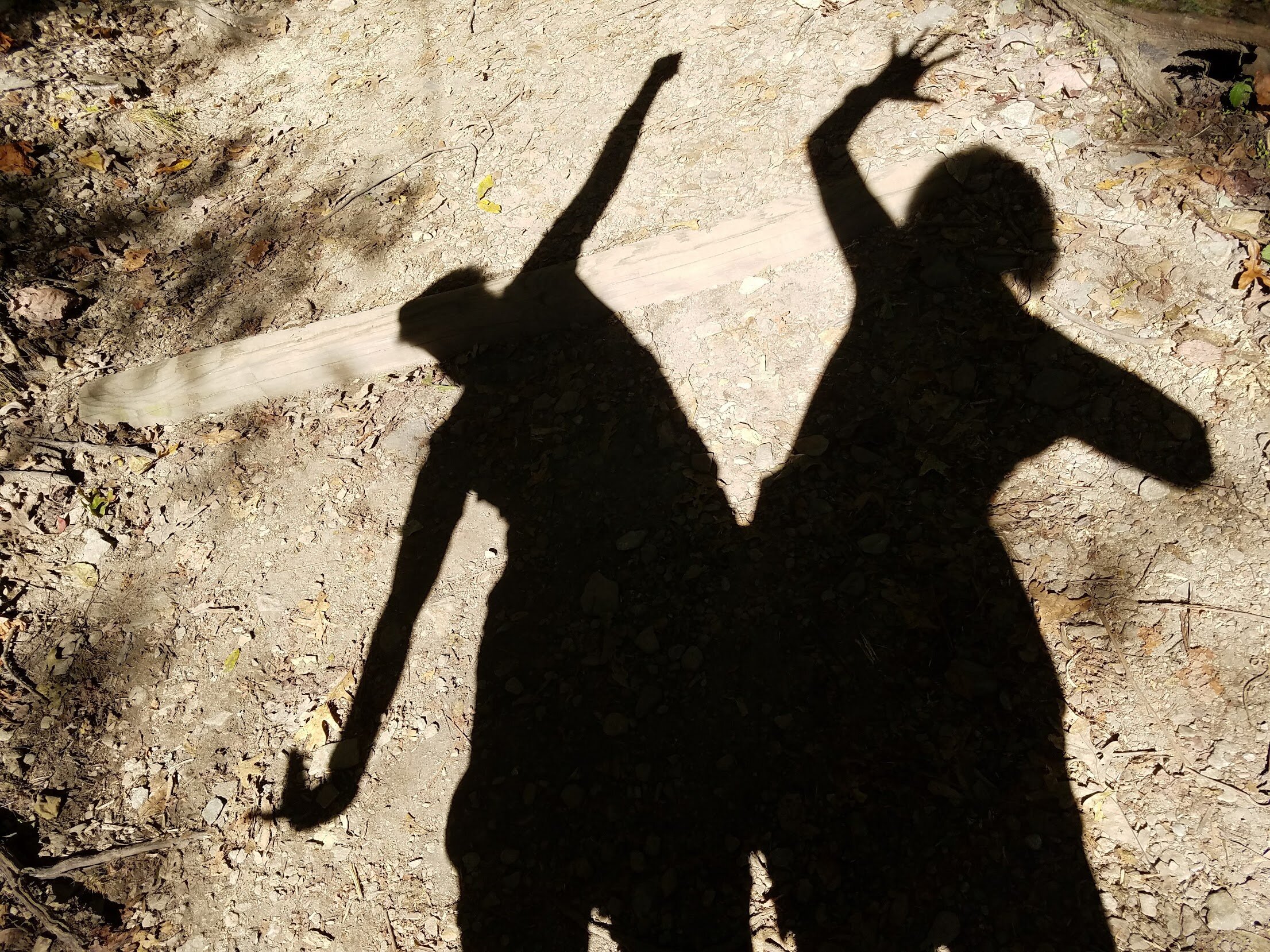Conflict Engagement Coaching
Similar to “regular old communication,” we aren’t taught how to engage in or communicate effectively during conflict either. In fact, we usually learn that it’s best to avoid conflict or “get over it” as soon as possible. We often learn that conflict is bad, unnecessary, and that “adults should be able to deal with it” with no problem. The truth is that conflict is going to happen. It just is. And, often, it’s unpleasant. Sometimes, conflict might be easily avoidable; it might be painfully avoidable; and it might not be avoidable at all. Likewise, “getting over it” doesn’t always work the way we want either. To me, I prefer the idea of having some sense of preparedness for when it does show-up.
While there is often overlap with General Communication Coaching, Conflict Engagement will focus on coaching through a conflict situation and how to move through it most effectively. It could also be for conflict situations that you regularly encounter (for example: in your job, you regularly handle customer or staff difficulties, etc.). The coaching itself will likely challenge assumptions and tendencies, and it will likely be quite uncomfortable. AND actively stepping into this kind of coaching will help lessen the discomfort of conflict because there will be opportunity to practice techniques in a low-stakes environnment and make them part of your muscle memory.
Again, from personal experience, my relationships are much healthier and happier because of how I choose to engage in conflict. (Don’t misunderstand… I don’t like being in conflict!! I still feel all kinds of ways that aren’t pleasant, but at least now I know I will get to the other side.)
Conflict Resolution Services
These services could include some coaching around how to engage, but they are primarily the actual facilitation of moving through a conflict -either to resolution or towards more effective interactions. Many people find it helpful to have a person that is “outside of the fray” and not attached to any outcome to hold the space and assist the parties in their communication. Someone not involved in the conflict is not emotionally compromised and can see options that a person in it might not be able to see.
*Something worth noting: the system in which our culture operates has given us messages that seeking assistance or help is weak or something to hide/be ashamed of -particularly when it comes to communication. I believe that seeking help is actually a strength, and it deserves a high-five!

